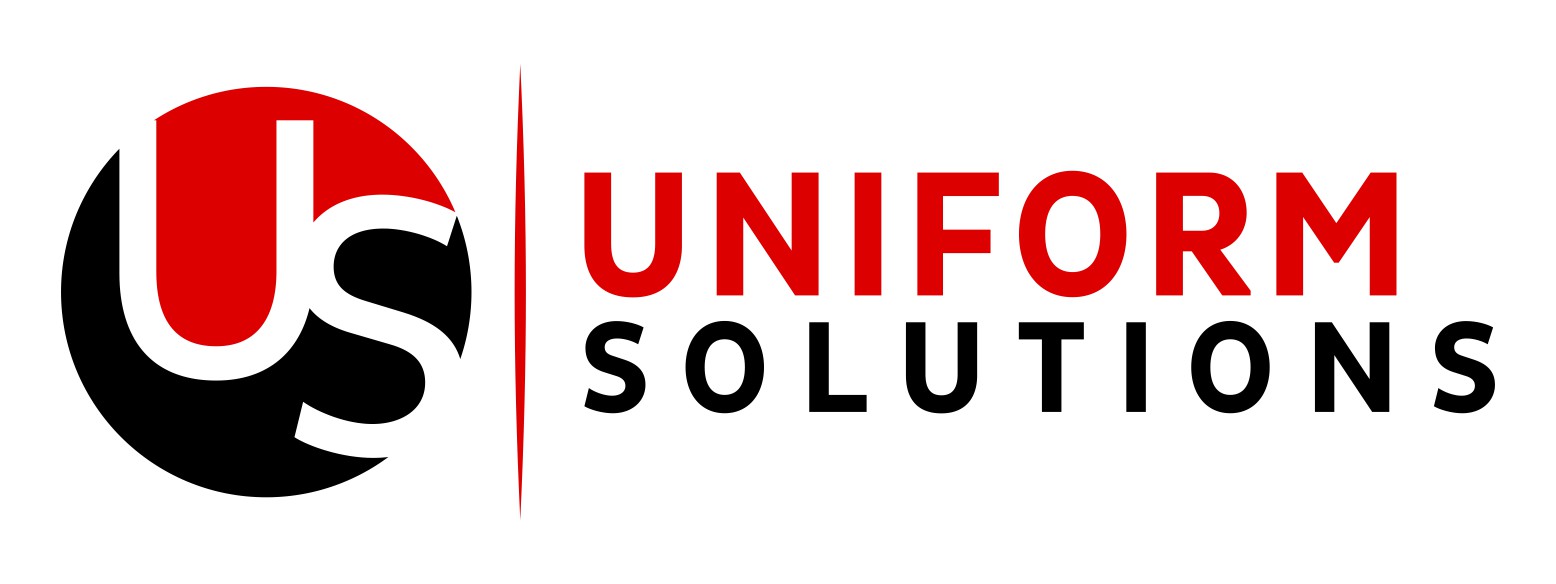Cotton vs Rayon: The best fabric for your business needs
- Published on: October 11, 2024
Choosing the right fabric is essential whether you’re a business owner looking for uniforms or a consumer seeking comfort. Cotton and rayon are two common choices but they come with unique characteristics. In the battle of Cotton vs Rayon, choosing the right fabric for your business needs can be challenging.
In this blog we will help you to understand these fabrics and selecting the best one for your needs.
What is Cotton?
Cotton is a natural fiber that is very popular due to its smooth texture, ventilation, and wear resistance. It is derived from the cotton plant and is greatly preferred for use in areas with high temperatures due to its moisture-absorbing characteristics. Cotton can be used in t-shirts, sheets, uniforms, towels, and other items because it is comfortable and flexible.
However, it is not without flaws. Cotton is a relatively sensitive fabric that shrinks when washed the wrong way and wrinkles easily. Despite these small imperfections, cotton remains the most suitable fabric due to its environmental friendliness and hypoallergenic properties.
What is Rayon?
Rayon, unlike cotton, is a semi-synthetic fiber. It’s made from cellulose (usually derived from wood pulp) but undergoes heavy chemical processing to turn it into a smooth, soft fabric. Rayon is lightweight and breathable, and it’s often used as a substitute for silk due to its luxurious feel. This makes rayon popular for fashion garments and uniforms in industries where appearance is crucial.
However, rayon isn’t as durable as cotton, especially when it gets wet. It’s prone to stretching and weakening, which can be a disadvantage for those looking for a long-lasting fabric. Additionally, its chemical production process raises concerns about its environmental impact.
Cotton vs Rayon: Key differences
Here’s a breakdown of the main differences between cotton and rayon, helping you determine which fabric best suits your needs.
1. Durability
Cotton is the more durable of the two. It can withstand constant and frequent washing, making it suitable for use in schools where children wear the clothes as uniforms. Rayon, while soft and elegant, tends to be weaker, especially when wet, which limits its lifespan in high-usage settings.
2. Breathability
Both cotton and rayon are breathable, but cotton excels in this category. Cotton allows for excellent airflow, keeping you cool and comfortable in hot weather. Rayon is also breathable but can feel sticky or clingy when worn in humid conditions.
3. Feel and texture
When it comes to comfort, both fabrics shine in different ways. Cotton is soft and cozy, making it great for casual wear and bedding. Rayon has a silky, luxurious feel that’s perfect for garments where appearance matters.
4. Moisture absorption
Cotton is incredibly absorbent, making it ideal for hot climates or high-energy activities where sweating is inevitable. Rayon, while breathable, doesn’t wick moisture as effectively, meaning it may leave you feeling damp after prolonged wear.
5. Environmental impact
Cotton is considered more eco-friendly, especially organic cotton. The production process of rayon uses some chemicals that are more harmful to the ecosystem than the production of cotton, making rayon less ecological than cotton.
Which fabric is better for hot weather?
This is one of the most common questions people ask. Both cotton and rayon are lightweight and breathable, but cotton has a slight edge for hot weather.
Cotton for hot weather
Cotton is a natural fiber that excels in keeping you cool. It’s breathable, absorbs moisture, and dries quickly. These qualities make cotton ideal for summer clothing, uniforms, and even bedding.
Rayon for hot weather
Rayon can also be worn in hot weather due to its lightweight nature and soft feel. However, it doesn’t handle moisture as well as cotton. If you sweat a lot, rayon might not be the best choice because it tends to cling to the skin.
Pros and cons of Cotton
Advantages:
- Natural and breathable
- Soft and hypoallergenic
- Durable and eco-friendly
- Great for summer wear
Disadvantages:
- Prone to wrinkling and shrinking
- Holds onto moisture
Pros and cons of Rayon
Advantages:
- Silky and smooth feel
- Lightweight with a beautiful drape
- Affordable alternative to silk
Disadvantages:
- Weak when wet and less durable
- Environmental concerns due to chemical processing
- Doesn’t wick moisture as effectively as cotton
Cotton vs Rayon for bedding
Both fabrics are used in sheets and bedding, but which is better?
Cotton sheets
Cotton sheets are breathable, moisture-wicking, and ideal for those who tend to sleep hot. They’re also durable, lasting through multiple washes without losing their quality.
Rayon sheets
Rayon sheets offer a silky feel and luxurious drape, perfect for those who want a more elegant touch. However, rayon isn’t as moisture-absorbent, which can make it less comfortable for hot sleepers.
Cotton vs Rayon for uniforms
Uniforms require fabrics that are comfortable, durable, and presentable. So, which is better?
Cotton for uniforms
Cotton is an excellent choice for uniforms in various industries where durability and comfort are important. This material is very sturdy and can remain wearable even after frequent washing and rigorous usage, which is why industries such as healthcare, hospitality, and retail are good markets for this product.
Rayon for uniforms
Rayon might be better suited for more formal or stylish uniforms, where appearance is a priority. While rayon is less durable, its luxurious feel can give a professional edge in industries where looks matter.
Professional challenges in choosing Cotton vs Rayon
For businesses, the decision between cotton and rayon for uniforms can be challenging. While cotton offers durability and comfort, rayon brings a level of sophistication. However, rayon’s weakness when wet and its environmental concerns may steer some businesses toward cotton.
How to choose between Cotton and Rayon for your business
When selecting the right fabric for your business uniforms, consider the following:
- Comfort: Cotton offers all-day comfort, while rayon delivers elegance and softness.
- Durability: Cotton holds up better over time, especially in industries where uniforms need frequent washing.
- Appearance: Rayon provides a sleeker, more formal look.
- Cost: Rayon is often more affordable but may require replacement more frequently than cotton.
- Sustainability: Organic cotton is the more environmentally friendly choice, whereas rayon’s production process can be harmful.
Conclusion
When it comes to cotton vs rayon, both fabrics have their strengths and weaknesses. Cotton is the go-to for durability, breathability, and comfort, especially in hot weather. Rayon, on the other hand, offers a better class feeling because of its silky texture and can be worn on formal occasions.
So, which fabric is right for you? Whether you’re outfitting your business with uniforms or picking out new summer clothing, understanding the key differences between cotton and rayon will help you make the best choice.



